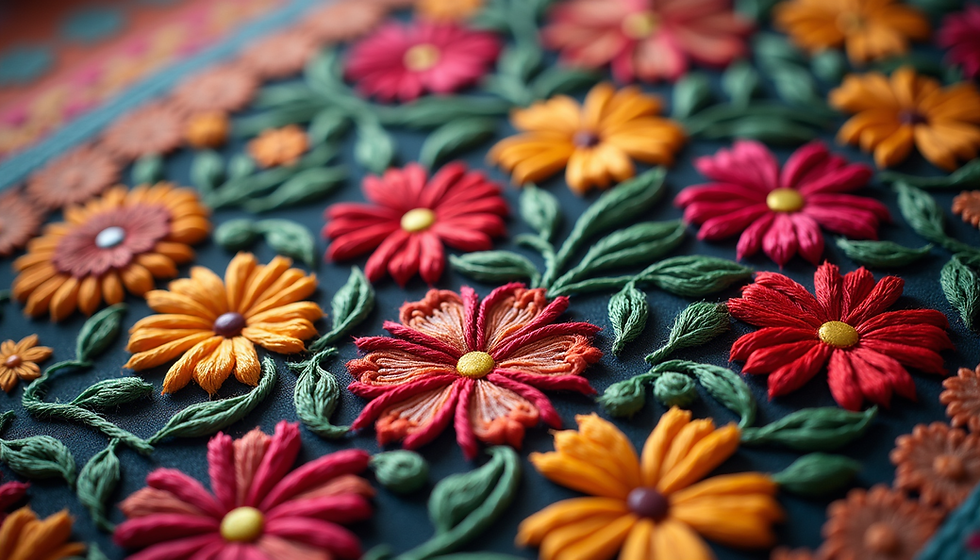- JKAF
- Jun 22, 2022
- 3 min read
Workshop on Mandala Art conducted by JK Arts Foundation in Government School, Baran, Rajasthan

Patience is perhaps one of the most important virtues a human being should possess to survive and thrive in life. Since any meaningful achievement in life requires sustained effort throughout a long time, having enough patience often seems to be the singular human quality that acts as a deciding factor between success and failure. In our personal lives as well, patience is the virtue that often dictates the quality of the interpersonal relationships we pursue and hope to maintain. On a more personal level, ‘having patience with oneself’ i. e. being patient with one’s own endeavours and having faith in the eventual fruition of one’s efforts, makes for a healthier mindset in a world increasingly defined by competition.
Given the immense value of patience as a virtue, it is crucial that it be instilled in human beings in an early age. Realizing this, JK Arts Foundation, an Ed-tech start-up which aims to democratize ‘Arts in Education’ by using technologies to bring children in contact with India’s artistic heritage, organized a workshop on June 22, 2022 in Government Secondary School, Baran, Rajasthan where the Rajasthani Mandana art form was used to instill patience in the students.
This unique approach to instilling values in children by using art as a medium is the crucial intervention that JKAF aims to bring into the education system in India. Practicing art (visual or performative) regularly reduces stress, increases self-confidence and increases problem-solving and cognitive capacities in children and yet this integral part of human culture is all but absent in the formal education system.

On June 22, artist Shabana Jafri engaged with the children in the Government Secondary School through Mandana art. The session began with children discussing how patience is a virtue crucial to our humanity by sharing stories. Then, Jafri introduced the children to Mandana art and explained to them how the art form is created and practiced. Finally, she helped children to create their own Mandana artworks.
Using the Mandana art form to instill patience in children serves a double purpose as it, along with being a novel and interesting teaching instrument, is also one of the most influential entities of the Rajasthani artistic tradition. Supposedly having originated in the Vedic age, Mandana is used as ritual art in Rajasthani rural households to ward off evil spirits and please the gods. It entails using a mixture of cow dung, water and clay to prepare the ground on which paintings of the locally available white and red colours are drawn using brushes made of sticks, cloth pieces and squirrel hair. Apart from usual household use, Mandana is also an integral part of festivities in Rajasthan. The art form has faced a brief spate of declining popularity in the recent decades, but art enthusiasts are working hard to popularize this art form on a global stage. Instilling patience by using art also has a strong precedent in the use of the Buddhist Mandala art form.
At the end of the day, the session was a resounding success as the children felt calm and enjoyed the workshop while enriching themselves. The teachers who participated in the session were also pleased with its results. One elated teacher told the Foundation, “Blending arts and teaching children virtues is truly impactful in instilling values in children.” This session was another bold step towards JK Arts Foudation’s ultimate goal of reaching every child with art education.



Comments